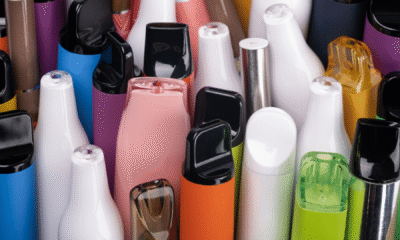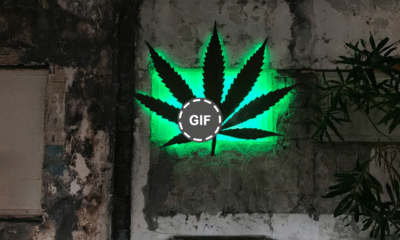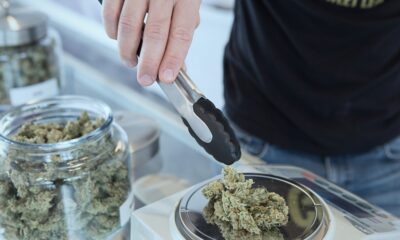Rubicon Organics (TSXV: ROMJ) (OTCQX: ROMJF) reported its financial results for 2024 late after the market closed on Tuesday. The company saw its fourth quarter sales reach C$18 million, which grew sequentially over the third-quarter revenue of C$17 million. Rubicon attributed its growth to its flagship brands, Simply Bare and 1964.
Full-year earnings
For the full year, revenue increased to C$63 million for 2024 versus C$52 million in 2023. Rubicon said that its first half of 2024 was affected by an adverse product mix, driven by lower-margin innovations, price compression and a shift toward larger flower formats.
“In the second half, we refocused on promoting more profitable SKUs, resulting in a 34% Gross Profit before fair value adjustments/Net Revenue, up from 28% in the first half,” The company said in its filing.
Still, net losses grew to C$2.5 million in 2024 from last year’s net losses of C$1.8 million. The company’s cash levels, though bumped up to C$9.8 million at the end of 2024 from last year’s C$9.7 million. The company also saw its operating expenses climb to C$16.5 million from last year’s C$14.2 million.
“2024 marked another record year for Rubicon Organics growing 21% year-over-year, dramatically outpacing market growth. Our vape launch, the fastest and widest in our company history, underscores the strength of our industry leading premium brands and our ability to drive growth through reputation and high-quality innovation,” CEO Margaret Brodie said.
Rubicon launched 1964 resin vapes in May 2024 with two SKUs and captured 8.6% of the resin vape market share for the full year and 13.4% of the market share in the last quarter of 2024. The company said that the resin vapes gained market share through increased distribution and rate of sale supported by a portfolio of five SKUs in the market at the end of the year.
Looking ahead
Brodie added, “Shifting market dynamics are driving a supply shortage in Canada, creating significant opportunities for established operators. At the same time, international markets are increasingly opening up to top Canadian producers. We are excited to accelerate our expansion strategy and meet the growing demand for our premium brands both at home and abroad.”
Rubicon is moving forward with its plan to acquire the Hope Facility, which will add an annual production capacity of 4,500 kilograms, representing a more than 40% increase over the company’s current annual production capacity from the Delta Facility. The addition will bring total annual production capacity to 15,500 kilograms of premium cannabis.
The acquisition is expected to close in the second quarter of 2025. Rubicon said it expects to be running at full capacity by the end of the year but not contributing to our revenue until 2026.
The company told investors it expects to incur additional debt financing related to the Hope Facility.

 California Cannabis Updates1 year ago
California Cannabis Updates1 year ago
 Breaking News1 year ago
Breaking News1 year ago
 best list1 year ago
best list1 year ago
 Business12 months ago
Business12 months ago
 cbd1 year ago
cbd1 year ago
 Bay Smokes1 year ago
Bay Smokes1 year ago
 cannabis brands12 months ago
cannabis brands12 months ago
 autoflower seeds12 months ago
autoflower seeds12 months ago















































